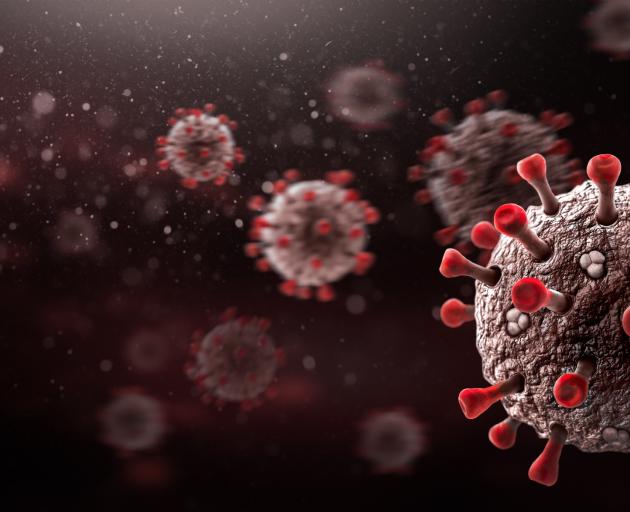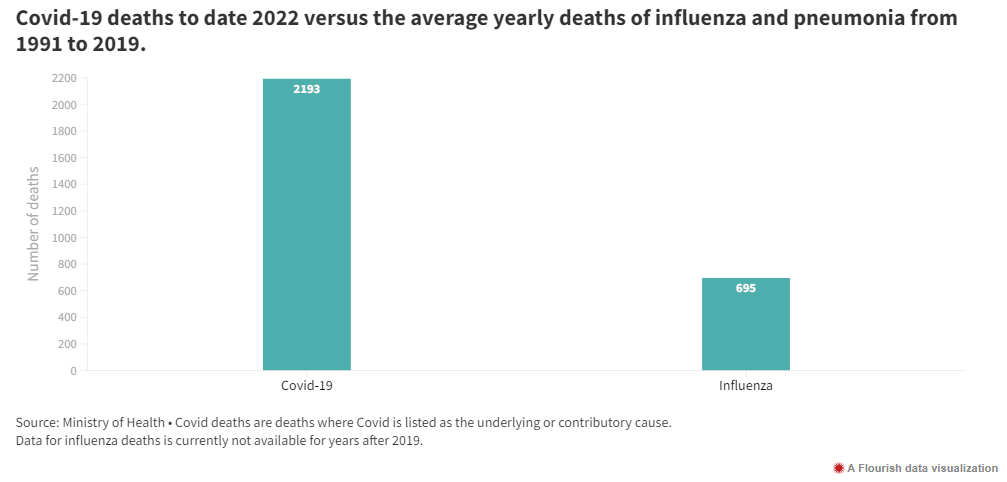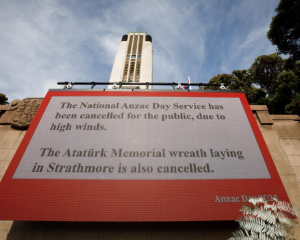
University of Otago epidemiologist Professor Michael Baker said while Covid-19 does share some similarities with influenza, it's had a more severe impact on New Zealanders than influenza usually does.
More than 2000 people died this year with Covid-19 identified as the underlying or contributing cause of death. Over the past 30 years an average of 695 people a year died due to influenza or pneumonia. Since 1991 the highest number of deaths attributed to influenza or pneumonia in a single year was 1197 and the lowest was 382.
As well as killing more people than influenza, Covid-19 put more people in hospital this year than influenza did in a typical year.
More than 20,000 people were admitted to hospital for Covid-19 in 2022. In 2019 influenza hospitalised 6547 people.


"It's far more severe," Baker said, and it could be shaping up to be our second biggest killer.
RNZ compared Covid-19 deaths per 100,000 people in 2022 to cause of death statistics of other diseases (2019 is the most recent publicly available data).
Only deaths where Covid-19 was identified as the underlying or contributing cause of death were included; people who died with Covid-19 but not as a result of it were not included in the totals.
While 2022's Covid-19 death rate is a distant second to 2019's heart disease death rate per 100,000, it outranked lung cancer, bowel cancer, respiratory disease and diabetes.
Baker said data on Covid-19 as a cause of death is two years ahead of other diseases because the health system has made a considerable effort to promptly identify when Covid-19 has caused or contributed to a death.
As well as being a bigger killer than many diseases, Covid-19 deaths were also higher than this year's current road toll and 2019's suspected suicides.
However, Baker said it was unclear if Covid-19 would remain one of our top causes of death in the future.
"We're really not sure whether getting this virus a second or third or fourth time does carry exactly the same risks as the first time. The evidence is still inconclusive on that. There are studies pointing in both directions."

"I think what we're missing at the moment in New Zealand is a very clear strategy which says, actually, our goal is both to reduce the rate of infections and the consequences."
Clear guidelines on how to run safe workplaces, schools and social events would be helpful, and he would like to see mask use return to public transport, in particular buses and trains, which he said were high-risk environments with "notoriously poor for ventilation".
Mask use in other high-risk settings could be looked at if the current wave intensified further, he said.
The impact of Long Covid should also be considered.
Summer of uncertainty ahead for Covid-19 deaths
Covid-19 Modelling Aotearoa's Dr Emily Harvey said the most up-to-date modelling showed our current wave of Covid cases was likely to peak this month. "We're still looking at the end of December, around Christmas."
"Cases are very uncertain, because they're so dependent on reporting behaviour," she said, but modelling still suggested reported cases could peak between 10,000 to 14,000 per day.
She expected infections to be as high as July's deadly wave in which 554 deaths, around a quarter of all Covid-19 attributed deaths in 2022, occurred in a single month.
The peak of hospitalisations may occur in the last week of December through to the first weeks of January, and most deaths would likely occur in the first weeks of January.
The current modelling did not include the impact of antivirals, she said. These could reduce the severity of the illness and are available to those at higher risk. If they were widely used it would be possible the deaths from this wave of Covid-19 could be lower than July's wave.
Antivirals are available to people aged 65 and older, to people of Māori or Pacific ethnicity aged 50 or older, for unvaccinated people and for those with other risk factors.
"The biggest issue is that in order for them to work, they need to be used early on in the infections. This means that people need to be detecting that they have Covid-19 as early as possible in their infection, and then be able to get a prescription, and get it filled, promptly," she said.
Harvey suggested people who are eligible for antivirals could ask their GP for an advance prescription before practices shut down over Christmas.
Antivirals are available without a prescription from 400 pharmacies, but University of Waikato's Dr Rawiri Keenan was concerned this wouldn't be enough to ensure easy access to the medicines.
"While many pharmacies usually stay open over weekends, during these summer holidays on statutory holiday days they will join general practice teams in largely being closed," he said.
Christmas and New Year both fall on a Sunday this year and are observed on a Tuesday, meaning many pharmacies will be closed from Saturday afternoon until Wednesday morning.
Keenan is worried we are relying heavily on treatment being available, "when we know for everything from infection to diabetes, prevention is better than cure."
Both Baker and Harvey suggested taking measures ahead of Christmas get-togethers to keep older relatives, who are most at risk from serious outcomes, safe from Covid-19.
This includes doing a RAT test before attending gatherings and taking precautions, such as wearing a mask, in high-risk situations.
Baker said one of the joys of December was the many social events.
"But just think about doing it safely, particularly in the lead up to Christmas, when after that people are going to be dispersing all around the country, and often visiting more vulnerable relatives and friends. Try not to take the virus with you."












